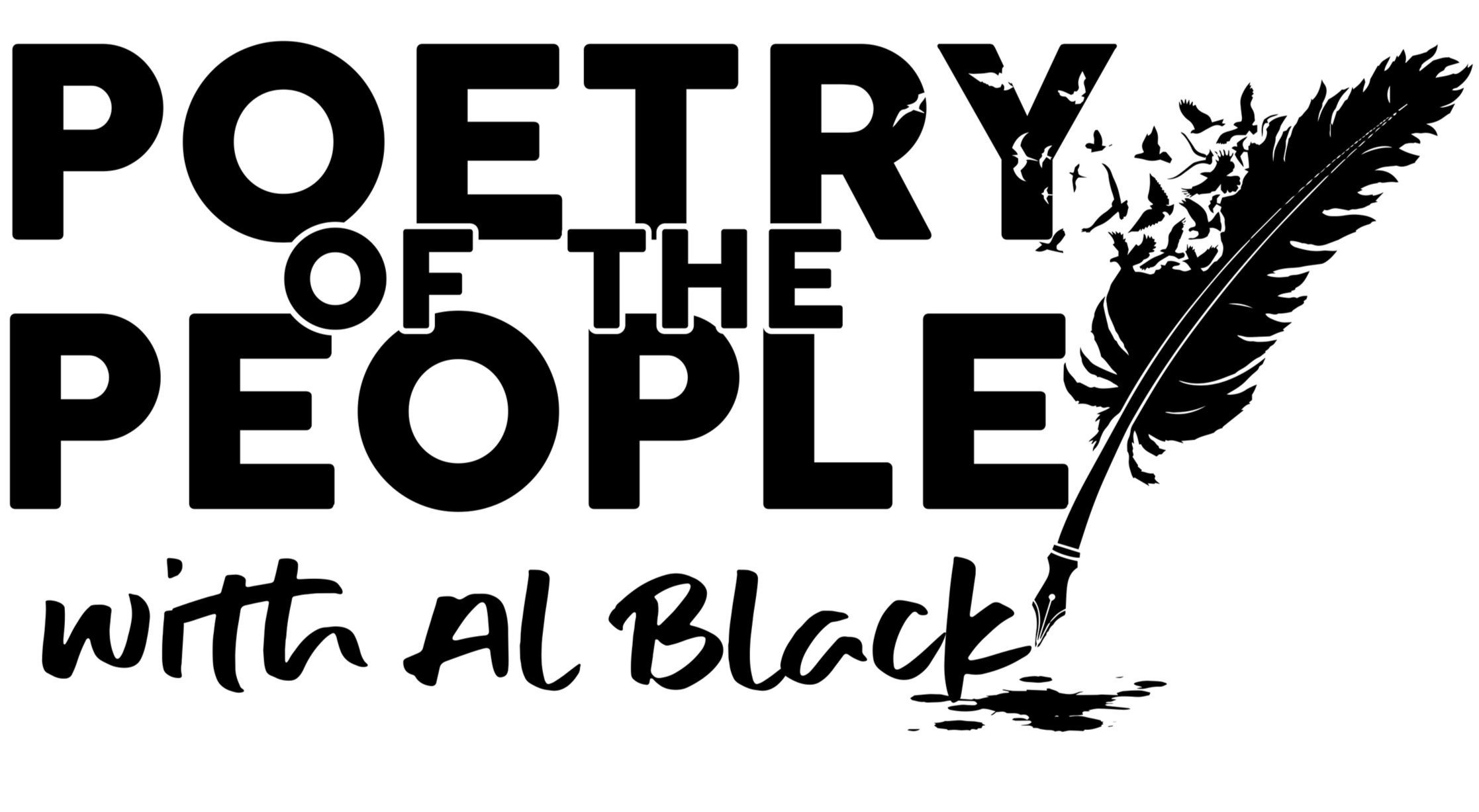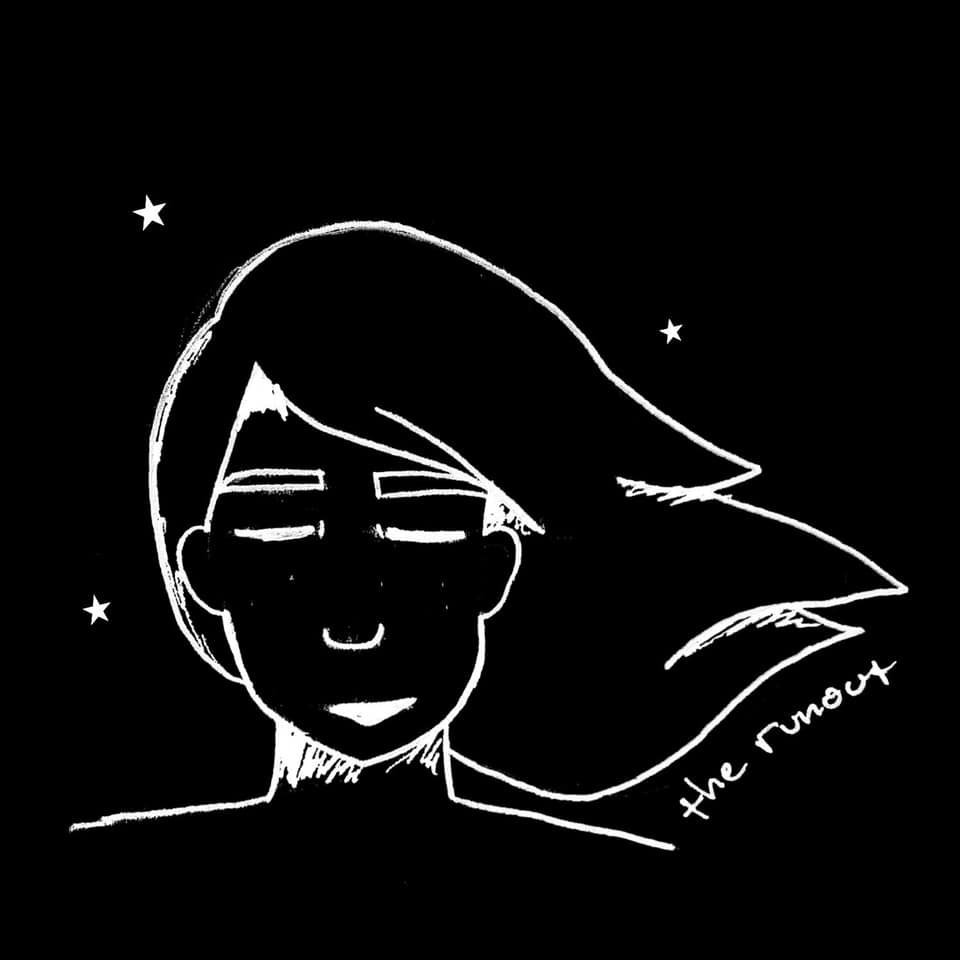This week's Poet of the People is Mary E. Martin. I first met Mary in either Rock Hill or Charlotte at a poetry reading put on by Jonathan K. Rice. She has facilitated some of my readings in Rock Hill and has journeyed to Columbia to read for the Mind Gravy Poetry series. She is a elegant poet who writes from a gentle, graceful place. Rock Hill, South Carolina is blessed to have her in their midst.
-Al Black
Mary E. Martin is a poet, dancer, and teacher at Winthrop University in Rock Hill, SC. She
grew up in the west and the south, preferring the rich landscape of the south. She explores a
fusion of text, movement, and music in community performance projects she has developed in the Carolinas. Her poetry has appeared in many journals, including The Kansas Quarterly, The Journal of the American Medical Association, and The Southern Poetry Review.
At the University Inn
As a student waitress
I served Denise Levertov
breakfast—she drank tea,
not coffee.
I almost spilled
my adoration, but her reverence
for the moment stopped me
from recalling the spell
her reading had cast--
only her poetry
breathed, her images
sacred, almost palpable
renderings of the inner
paradise we know exists.
I kept the check slip
she had signed,
taped on a wall
near my desk,
an artifact that lasted
as many years as it took
for me to realize
beauty’s minutiae
is just as sublime
as what we claim
breathtaking.
My Dog Looks Up at the Moon
Late night he pauses
on the deck, doesn’t howl
but quietly stares
at the bright curve above,
his big head, black and white
sixty-pound hunter body
more a still life, a whisper
between dog and moon,
he listening as the moon
tells him he is a being
who loves, a love
that can travel anywhere,
a dolphin splash love;
he wishes he could swim
to the moon, lick her
powdered white cheek, sleep
overnight in a velvet smooth
crater, dreaming an unknown
tenderness, then slip back
down just as I awaken;
mythically happy to see
him again, I kiss him
and feed him breakfast.
Folk song
I like to howl with my dogs
in our own backyard Olympus,
out-sounding the sirens
by blending our voices.
Without judgement or fear
I like to howl with my dogs;
we are neither dog nor human
out-sounding the sirens.
Crooning welcome tears
without judgement or fear
I stretch out my neck;
we are neither dog nor human.
I stand erect as they do
crooning welcome tears,
eyes toward the clouds
as I stretch out my neck.
A pack of screeching troubadours
out-sounding the sirens,
no better heaven than ours
than when I howl with my dogs.
Flint
I sit on my couch
waiting for a spark
of an image, just enough
to keep me writing
in my small house, on a quiet
street, Flint Street,
the only sharp edges
the barking dogs
in almost every house.
My words, the hard quartz tools
I rely on to shape the world,
are like the rough tools
tribes relied on to survive
in the wild brush and windowless caves.
I think of the steel that strikes
flint into fire, angry voices
of a small Midwestern town
shouting out their abuse,
the City of Flint forging
their words into a hard
refusal, to be more than
their namesake’s core,
to be the unshadowed
flame of the heart.
El Paso
When I was young and shy
The dark brick scrubbing
our hands when we grazed the body
of homes on the army base
as we darted everywhere to find
a place to hide. We played at night
with flashlights, the fat tree trunks
our gathering place, the touch
of the bark friendly rough.
Later we lived in an off base adobe
cuddled all around by bushes,
bushes full of secret
spaces I quietly lingered in every day.
Walking to school I always hesitated
at the canal, loud water tumbling over itself,
the bridge with no rails the only connector
to the school. I swear I could see loose
animal bodies shoved through foaming
water, wet fur, and bared teeth.
Our father treated us with short trips
over the border in Juarez,
always stopping at the same restaurant;
we sipped orange sodas,
stared at the polished blue and white tiles,
while my father drank beer
or tequila; none of us
ever questioned why always
the same place, the same food.
The cruel misperception
of others, always a lack
of embrace-- the 1950’s shadow
pulled me to hide
and grow where I hid.



